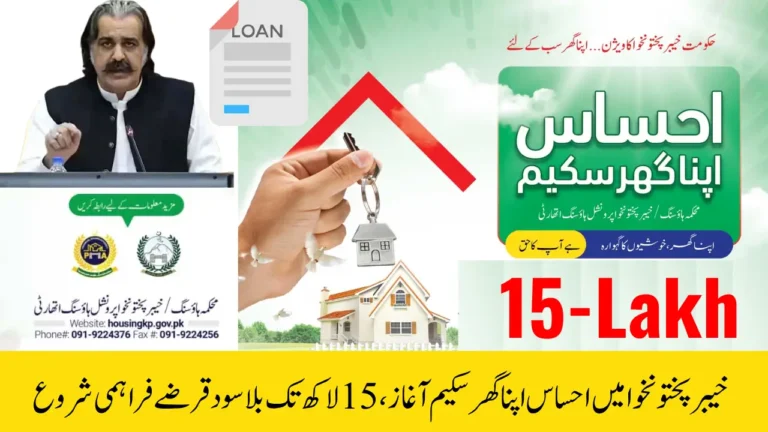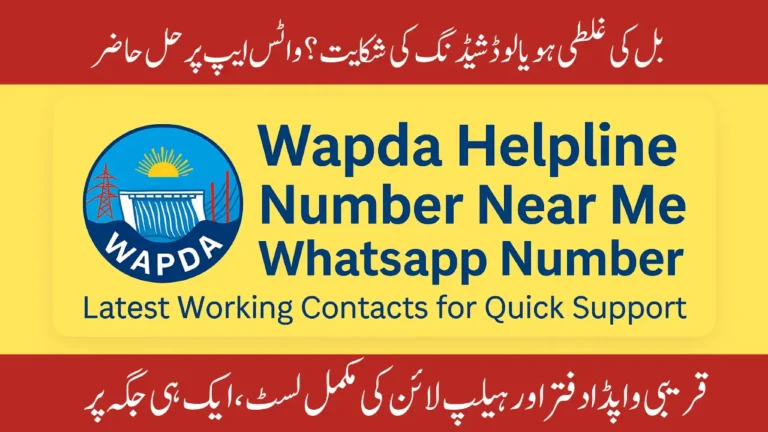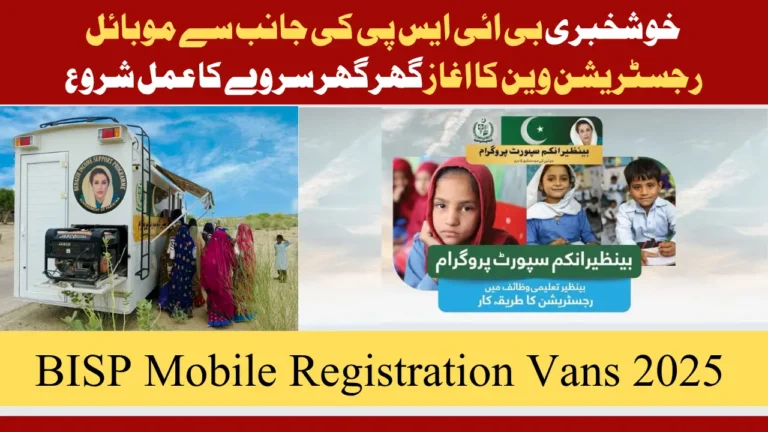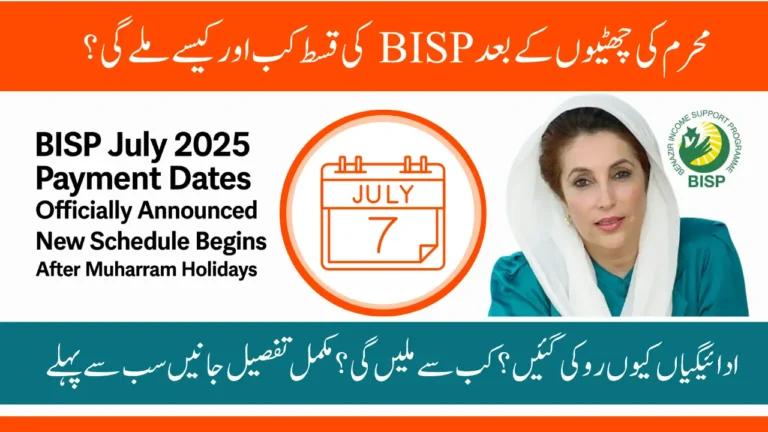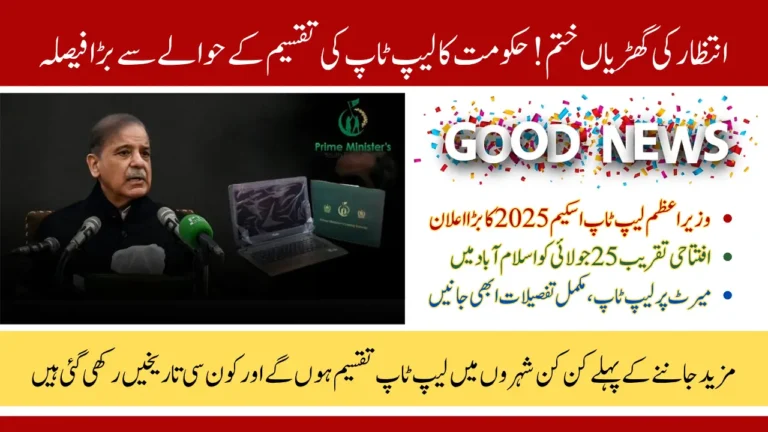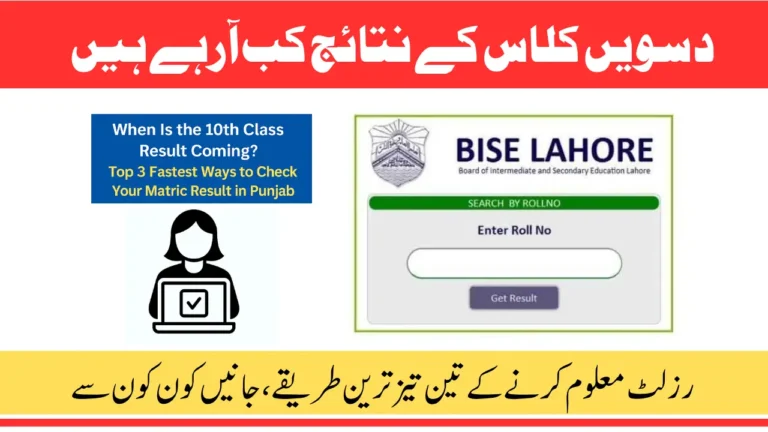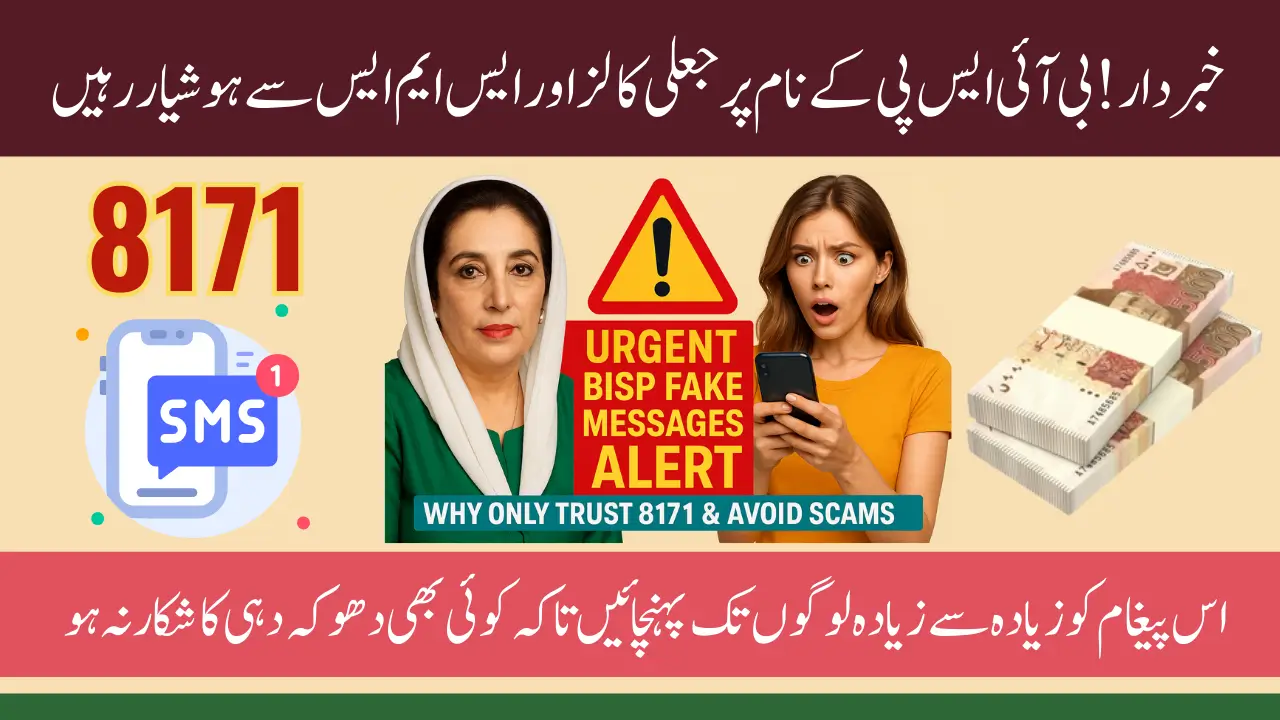
BISP Fake Messages Alert
BISP Fake Messages Alert : A spate of fake messages and calls in the name of Benazir Income Support Program has started once again, asking people for their CNIC number or other personal information. If you receive any message or call from an unknown number other than “8171” promising money, be alert as it could be a scam.
BISP has issued clear instructions that the organization provides information only through the number 8171. And never asks for information from any citizen over the phone. Therefore, to protect yourself and your loved ones. Please spread this message to as many people as possible so that no one falls victim to these fraudsters.
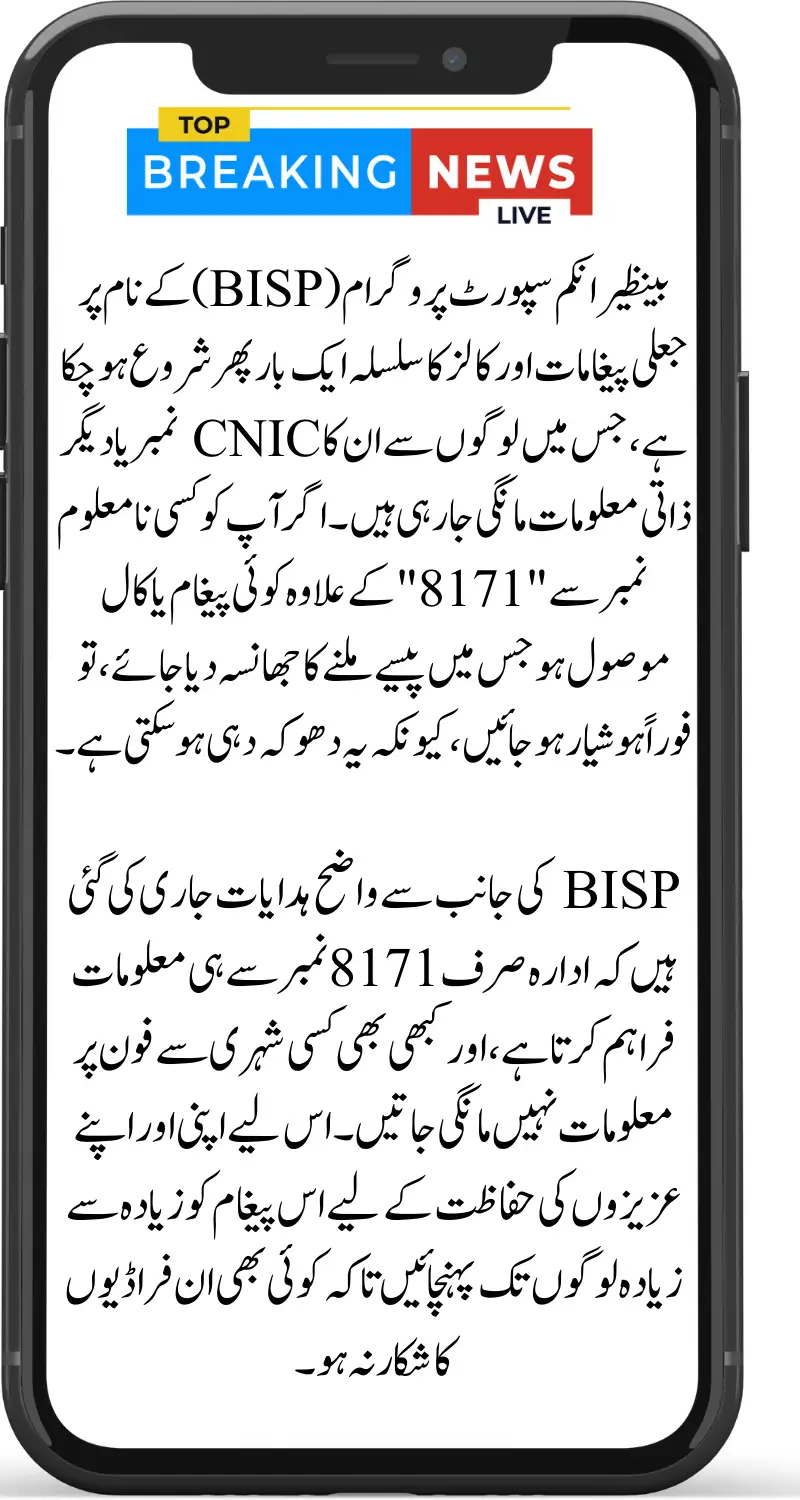
People Also Read: Punjab BISP Payment Phases for July 2025 Officially Started – Check Full Details of Each Phase Now
What Are BISP Fake Messages?
BISP fake messages are fraudulent SMS texts or phone calls pretending to be from BISP. These messages often claim you’ve been selected for cash payments and ask you to share your CNIC number, personal details, or bank account information. Some even claim you’ve won money and need to call a number to receive it.
Only Trust 8171: Official BISP Number
The Benazir Income Support Programme (BISP) clearly states that all official messages are sent only from 8171.
If you receive a message from any number other than 8171 – it’s fake.
If someone calls and says you’ll get money through BISP and asks for your CNIC or family details – do not respond.
Never trust messages from unknown mobile numbers.
Signs of a Fake Message or Call
Here are a few red flags that help you identify a scam:
- The message is not from 8171.
- The caller asks you to share CNIC number, family information, or mobile code.
- The message says you’ve won a lottery or cash prize.
- It creates urgency, like “Respond now or lose the payment.”
- The message uses poor grammar or strange wording.
People Also Read: New Power Tariff Balance Scheme Launched to Ease Burden on Homes and Industries Across Pakistan
What Should You Do If You Get a Fake BISP Message?
If you receive a suspicious message or call:
- Do not reply or share any information.
- Take a screenshot of the message or note the phone number.
- Report it to the Pakistan Telecommunication Authority (PTA) or relevant government office.
- Inform your family and community to stay safe.
Help Others – Spread This Message
Fraudsters usually target vulnerable people such as:
- Poor families
- Women receiving BISP payments
- Senior citizens
By sharing this warning in your local community, WhatsApp groups, or social media, you can protect someone from being scammed.
People Also Read: Govt Launches 80 Million Inverter Fans Scheme to Cut Electricity Bills and Save 5000MW Power
Conclusion
In today’s digital age, fraudsters are using new tricks to mislead innocent citizens in the name of the Benazir Income Support Programme (BISP). If you receive any message or call from a number other than 8171, do not share your personal information. Always remember, BISP never contacts beneficiaries from private numbers or unknown sources.
By staying alert and spreading awareness, you can protect yourself and others from falling into the trap of fake messages and scams. Share this important alert with your family and friends. Because one alert message can save many lives from fraud.
Frequently Asked Questions (FAQs)
How can I identify a fake BISP message?
A fake message does not come from 8171 and usually asks for your CNIC or personal details. Always check the sender’s number.
What number does BISP officially use to send messages?
BISP sends official messages only from 8171. Any other number is fake.
What should I do if I receive a suspicious BISP message?
Do not reply, do not share your information, and report the number to authorities immediately.
Can someone call me from BISP to ask for my CNIC?
No. BISP never asks for personal details like CNIC or family data over the phone.
Are messages claiming I’ve won BISP money real?
No. Messages saying you’ve “won money” or “received cash” through BISP are scams.
Who is targeted by these fake BISP messages?
Scammers usually target poor families, women, and elderly people who rely on government support.
How can I protect others from BISP scams?
Share this information with your family and community, and educate them about trusting only 8171.
People Also Read: Big Move Against Fake Meter Reading PM Launch “Apna Meter, Apni Reading” App for Nationwide Use

